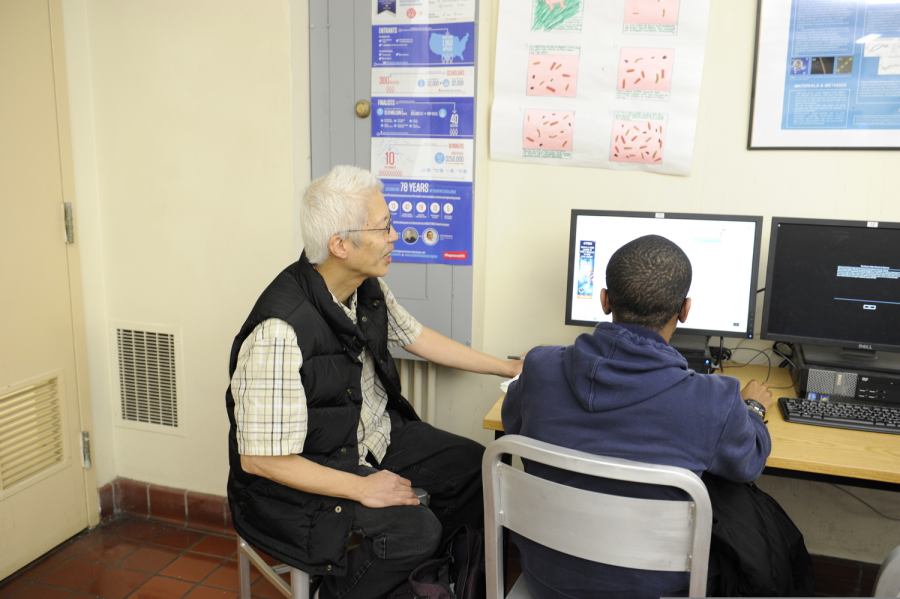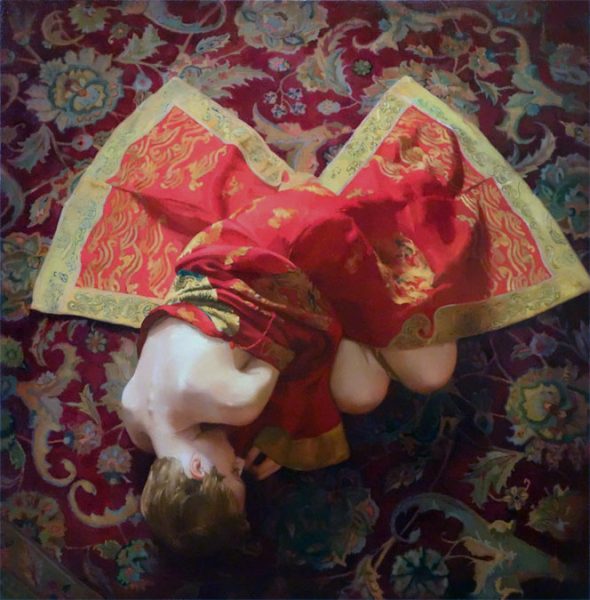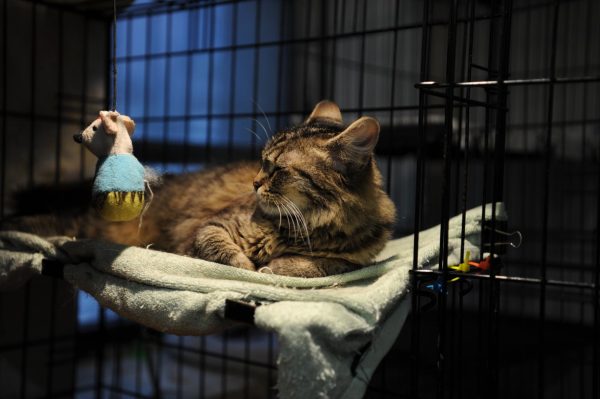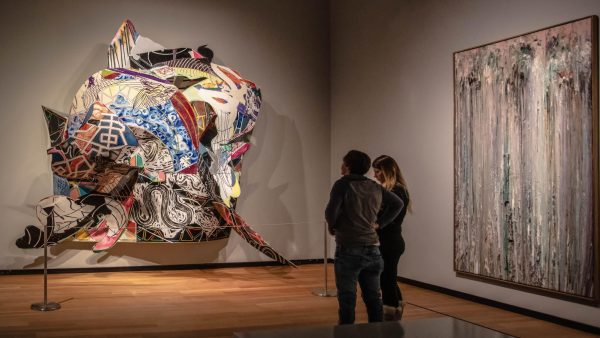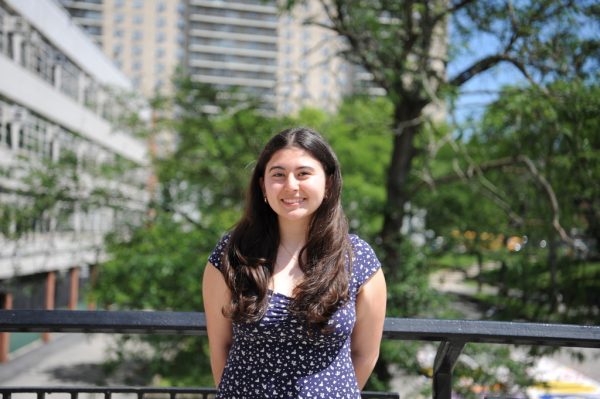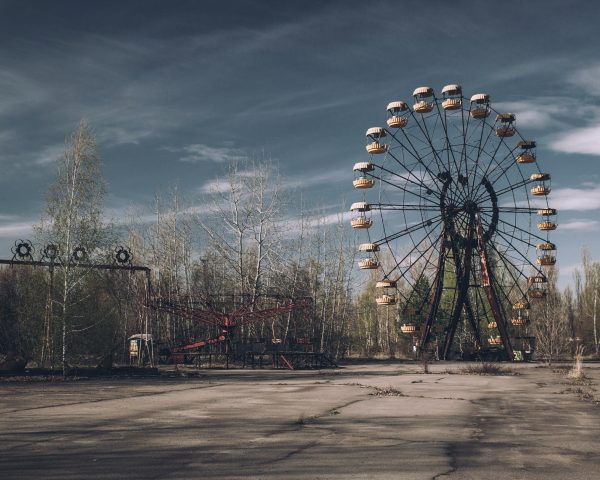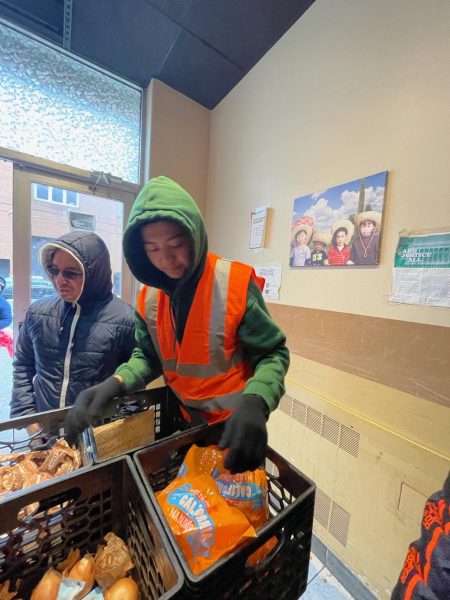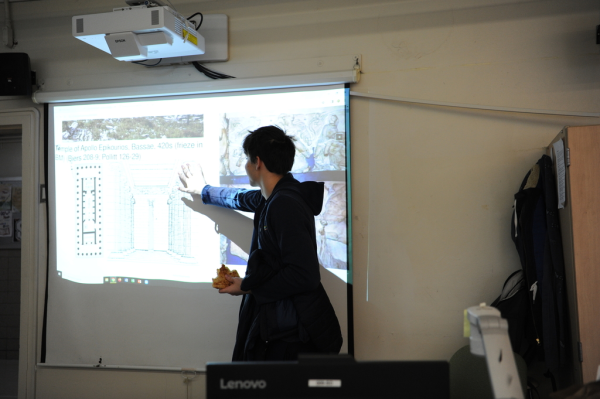From Radio Host, to Bronx Science
A profile of Mr. Richard Lee, Biology teacher
Mr. Lee, a biology teacher at Bronx Science, misses his days working as a radio journalist. “Sadly, radio as we know it today and as I remember it may not be that way in twenty years. Who’s going to play the classic rock tunes that we are familiar with now? Will they matter at all?”
It’s probably hard to imagine your teacher beyond the context of a classroom, but to students’ surprise, many teachers at Bronx Science had completely different jobs before working here, and some of them weren’t even in the field of teaching. It is often this variety and diversity of experiences that make some teachers at Bronx Science so unique. Around forty years ago, Mr. Richard Lee, now a biology teacher at Bronx Science, used to work at a radio station named WYDD, located in Pittsburgh, Pennsylvania.
Lee worked as a radio journalist for one year, creating playlists, composing and reading the news, and conducting interviews. While teaching might seem like a completely different world from that of radio journalism, Lee described the two as having various overlapping similarities. He compared the trends the broadcast industry follows to appeal to their listeners, to the trends that high schoolers follow, such as clothes and hairstyles, to stay relevant. “It’s important to respond to trends so that you stay relevant. Being disciplined and having the dedication to deliver good product is also essential. Never get sloppy,” said Lee.
The biggest difference between the two according to him was the way in which people communicated with each other. “They are both service-oriented jobs. Interactions, however, were done through the telephone and snail mail, and not in person for the most part. I was working in an isolated room known as a studio.” Regardless, Lee explained that skills, such as good diction and writing, are necessary for success in both teaching and radio journalism. In fact, he continues to apply some of the skills that he acquired at the radio station in his classes today.
Although he was in love with his old job, he admitted there were certain difficulties working in the radio industry. “Anyone who follows the industry realizes how difficult it can be to make a career out of it and to have enough money to retire comfortably,” said Lee. Despite the brevity of his position at the radio station, he described the experience as one of a kind.
“I got to see an aspect of myself that I would not have realized had I pursued the traditional route of going to college and onward towards a career.” He hopes to someday pursue a job in the broadcast industry once again, and while he anticipates changes, he expects that it will still be yet another way to voice his concerns. Very recently, he has started testing the waters, recording a selection for an earthquake documentary. “For some of us, an evolution needs to take place before settling in on what I’ll call one’s life work. For me, it took place during the time I was on the radio. Some of these realizations carried over to the classroom,” said Lee.
“I got to see an aspect of myself that I would not have realized had I pursued the traditional route of going to college and onward towards a career,” said Mr. Richard Lee, Biology teacher.
Daniela Castro is an Editor-in-Chief of the ‘The Science Survey’ and a Reporter for the People Section in the Bronx Science Yearbook, ‘The Observatory.’...

